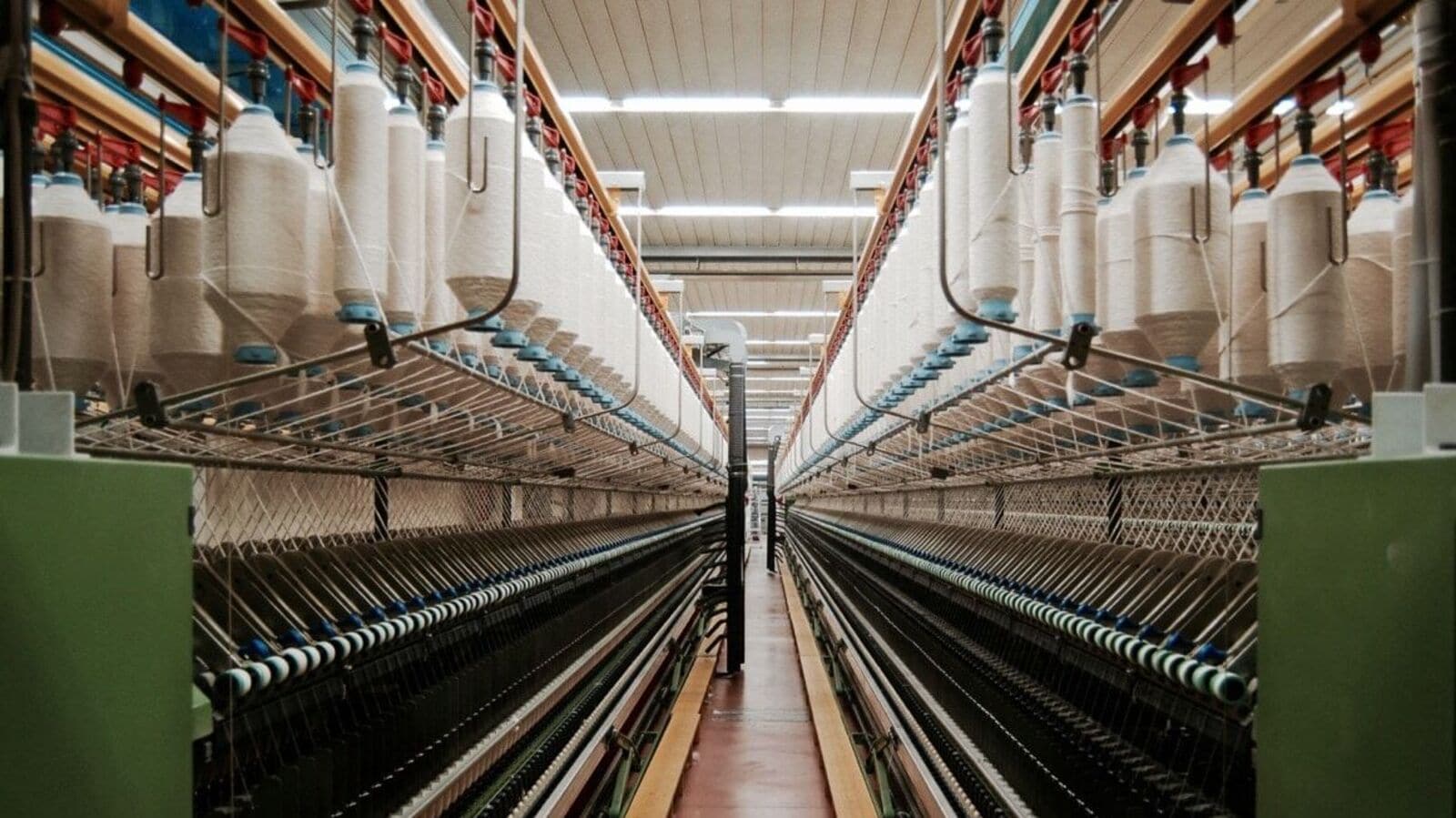The apparel and textile sector is a key pillar of India’s economy, contributing significantly to employment and exports.
According to the India Brand Equity Foundation, part of the commerce and industry ministry, the sector is expected to grow at a 10% CAGR, reaching $350 billion by 2030, with exports projected at $100 billion.
Also read | Textile industry seeks interest subsidy, lower PLI investment floor in budget
Currently, the sector is evolving rapidly due to the booming e-commerce market, shifting consumer preferences, and a growing focus on sustainability. As e-commerce expands and competition intensifies, businesses are increasingly focusing on cost-effective logistics and sustainability to maintain their edge.
The survey, conducted across 18 cities, gives an insight into how MSMEs are adapting to these challenges. Apparel remains the dominant product category in this sector, accounting for 78.5% of sales, while fabrics make up 31%, and home textiles 7%. Industrial textiles and raw materials contribute only marginally.
The survey was conducted in Mumbai, Delhi, Pune, Hyderabad, Bengaluru, Jaipur, Ahmedabad, Kolkata, Gurgaon, Noida, Lucknow, Indore, Chandigarh, Surat, Ghaziabad, Faridabad, Thane and Nashik.
Logistics hurdles
“Businesses are grappling with logistics and delivery hurdles, with 40.5% identifying them as their biggest challenge, followed by difficulties in meeting fast-fashion demands and a shortage of skilled labor. Rising operational costs and inventory management remain pressing concerns,” the survey found.
Also read | An exhibition that tracks the journey of Indian textiles
Order values vary widely, with 38% of businesses reporting an average order size of between ₹1,000 and ₹5,000. A significant number (23.5%) cater to smaller-value transactions of below Rs1,000, while higher-value orders above ₹10,000 remain less common, according to the survey report.
Monthly order volumes reflect a similar trend, with over half of businesses processing fewer than 50 orders per month, while only a small fraction handle volumes exceeding 1,000 orders.
The survey indicates a strong tilt towards the B2C model, with 70.5% of businesses focusing primarily on direct-to-consumer sales. The festive season remains a crucial period for growth, with 36% of respondents reporting a 20-30% increase in orders, while nearly a quarter saw spikes of over 50%.
Same-day logistics plays an increasingly vital role in the sector, with 71.5% of MSMEs shipping goods worth ₹50,000 to ₹2 lakh per month through such services, the report stated.
However, businesses cite high delivery costs as their biggest logistical pain point, followed by delivery delays and an over-reliance on third-party providers.
The demand for faster delivery is evident, with 58% of businesses preferring a 30-60 minute delivery window, while a small percentage require 10-minute deliveries.
Despite the growing prominence of direct-to-consumer models, only 28.5% of businesses sell through their own website, citing difficulties in managing deliveries during peak sales periods. The majority continue to rely on external platforms for sales, the report noted. MSMEs are also looking for more support in logistics, with over half seeking reliable same-day delivery services, while others aim to cut costs or adopt better tracking technologies.
Also read | The tricky logistics behind direct-to-consumer sales strategies
Sustainability challenge
Sustainability is gaining traction, with 70% of businesses adopting sustainable packaging. However, high costs remain a barrier to broader adoption of sustainable fashion, with nearly half attributing the expense to expensive raw materials. Despite this, 59.5% of respondents expect manufacturing costs for sustainable products to decrease in the future.
Commenting on the findings, Borzo CEO Alina Kisina said, “The perspective of MSMEs in the apparel and textile industry highlights the substantial efforts companies are making to keep pace with the ever-evolving demands of consumers. Since Indian MSMEs in this sector tend to be smaller and more fragmented compared to those in other countries, price alone isn’t the primary driver of competitiveness.”
“Instead, factors such as improving logistics efficiency, cost management, and a focus on sustainability are critical to staying ahead,” Kisina added.
Catch all the Industry News, Banking News and Updates on Live Mint. Download The Mint News App to get Daily Market Updates.
MoreLess
MSME, Textile, logistics, apparel industry, textile sector, apparel, Borzo survey, sustainability, employment, India Brand Equity Foundation, e-commerce, fast-fashion
#Logistics #sustainability #hurdles #challenge #MSMEs #Indias #apparel #industry #Borzo #survey
